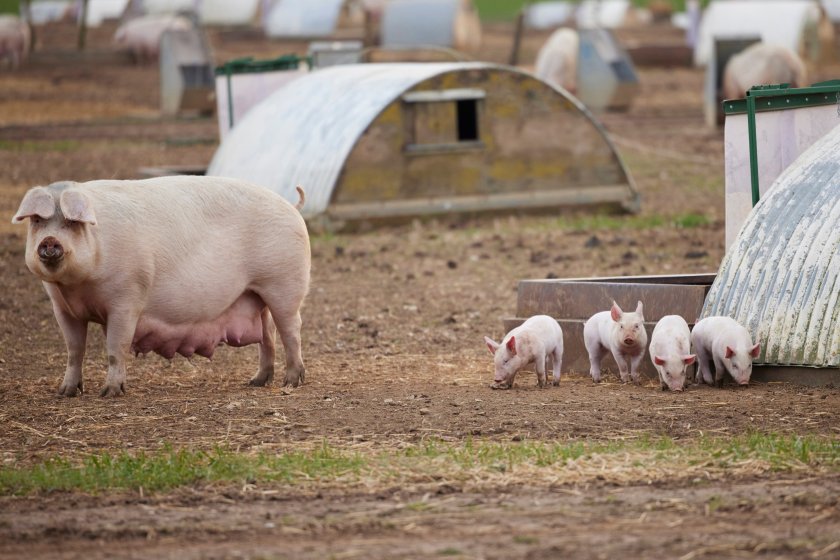
Red Tractor is now inviting feedback from pig producers on new proposals to introduce a tiered approach to welfare standards and labelling for UK pigmeat.
The six-week consultation aims to reduce audit burdens, improve consumer transparency and enhance recognition of higher-welfare production systems.
Modelled on the poultry tiering system introduced in 2020, the proposal for the pig sector includes two new voluntary welfare tiers.
The Enhanced Welfare tier would apply to pork from pigs that are outdoor-bred or outdoor-reared and then finished indoors with more space and a solid, bedded lying area.
The Free Range tier would cover pork from pigs that have continuous access to the outdoors.
Each tier would carry a dedicated Red Tractor logo, allowing consumers to distinguish between levels of welfare while maintaining the core assurance mark’s reputation.
The food assurance scheme is also proposing minor updates to existing standards to align with equivalent schemes and reflect best practices.
The Red Tractor Pigs Sector Board confirmed that changes would only move forward with majority backing from the UK pig industry.
Stewart Houston, chair of the board said: “The board believes the proposed labelling system would provide a clearer, simpler way for our members to communicate and differentiate their welfare standards.
"It could also enhance consumers’ ability to make informed purchasing decisions by uniting existing tiers within the pork category under a suite of Red Tractor logos.”
Mr Houston highlighted that many producers already meet the proposed welfare standards, and the new system would streamline compliance, cutting audit costs and licensing fees.
Red Tractor is also exploring a future 'Certified Standards Plus' tier focused on flexible farrowing, offering reduced sow confinement.
This tier would support a voluntary, industry-led welfare approach, reducing the need for legislation and helping farmers adapt to market and societal changes.
Mr Houston said: “This approach could demonstrate proactive welfare improvements and potentially reduce the need for heavy-handed legislation, while supporting producers in meeting evolving expectations.”
